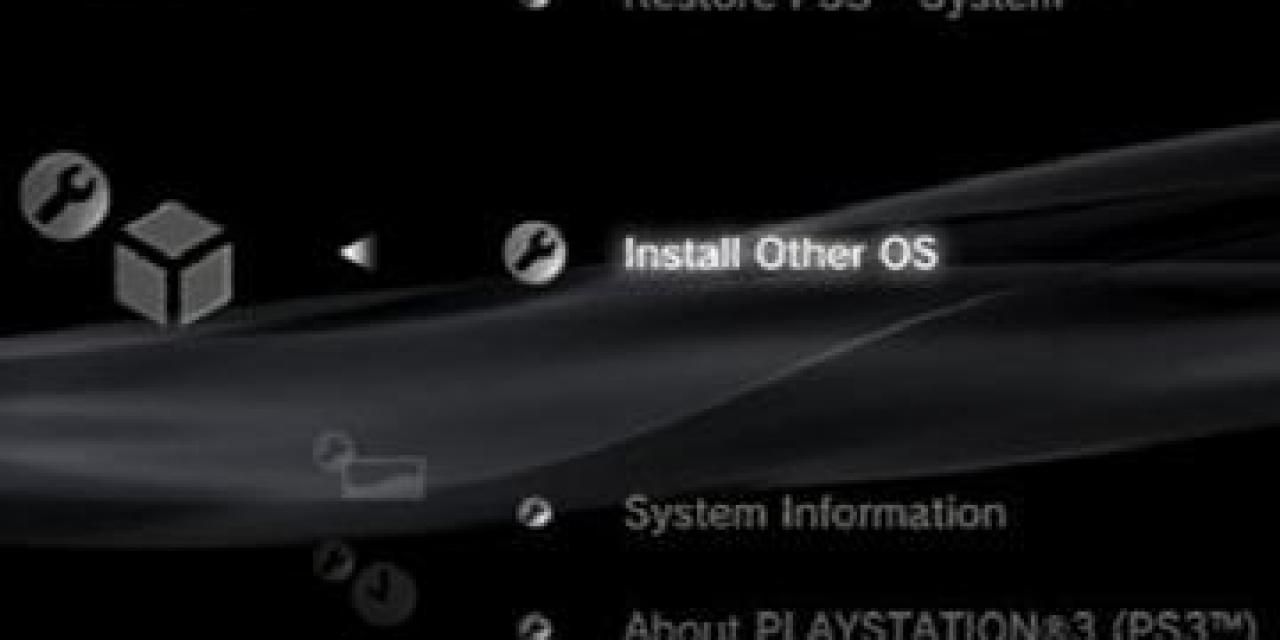
The class action lawsuit filed against Sony last year over the removal of the "Other OS" feature in PlayStation 3 systems has been dismissed on all counts by a federal judge.
The Other OS feature which allowed PlayStation 3 owners to install Linux on their consoles was removed in April 2010 as a part of a mandatory firmware update. Sony aimed to prevent hackers from exploiting this feature to hack the system, but ironically enough, this exact move was the catalyst that enticed skilled hackers to get the hacking job done.
The class action lawsuit was filed a few weeks later by Anthony Ventura, a California resident, who accused Sony of "intentional disablement of the valuable functionalities originally advertised as available" which - he claimed - is a breach of express warranty, a breach of implied warranty, a violation of the Magnuson-Moss Warranty Act, an unjust enrichment, a violation of the Unfair Competition Law, a conversion, and a violation of the Computer Fraud and Abuse Act.
SCEA denied the claims and moved to dismiss the case in September of the same year, basing their defense on the fact that the PlayStation 3 System Software License agreement and PlayStation Network Terms of Service allowed the company to update and modify the firmware however and whenever it wanted.
U.S. District Judge Richard Seeborg dismissed all counts but the violation of the Computer Fraud and Abuse Act, and ordered the plaintiffs to amend their claims accordingly. Ventura and his lawyers made the required amendments, but the judge found that they failed to address "the previously identified deficiencies" of the original filing and hence he granted SCEA's motion to dismiss.
"The dismay and frustration at least some PS3 owners likely experienced when Sony made the decision to limit access to the PSN service to those who were willing to disable the Other OS feature on their machines was no doubt genuine and understandable," the judge reasoned in his statement. "As a matter of providing customer satisfaction and building loyalty, it may have been questionable. As a legal matter, however, plaintiffs have failed to allege facts or to articulate a theory on which Sony may be held liable."
